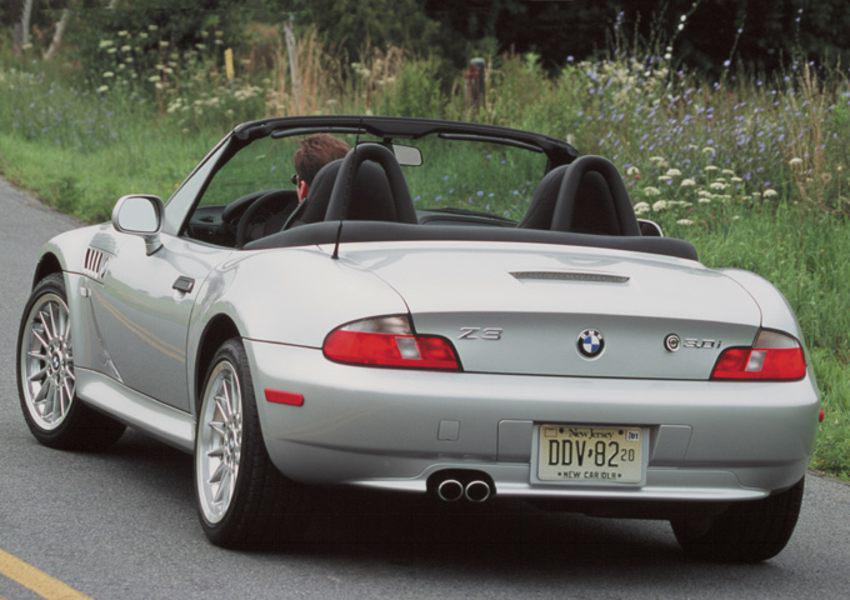
President’s Choice, MEC tie for most trusted brands in Canada
Tesla is the most trusted car brand in Canada, despite having sold far fewer cars in the country than any other major auto company.
That’s according to the University of Victoria’s second-annual Gustavson Brand Trust Index (GBTI), which ranks two hundred seventy six national brands subdivided into twenty seven industry sectors based on a survey measuring consumers’ level of trust.
This year’s top-10 trusted brands – President’s Choice and Mountain Equipment Co-op (MEC) tied for very first – includes mass-market firms, such as Band-Aid and Shoppers Drug Mart, as well as more niche players, such as MEC, David’s Tea and Columbia Sportswear. Tesla fell just outside the GBTI’s top Ten, ranking 11th over all.
So, how exactly does a company that has only ever sold about Four,300 cars in Canada, according to industry tracking from GreenCarReports.com, knock Honda – maker of the Civic, a perennial best-selling vehicle – out of the top spot in the automotive category?
Saul Klein, dean of the Gustavson School of Business, says it’s part of “the evolution from an experience-based economy to a value-based economy.”
“We think there’s a shift taking place: In many ways we choose brands that provide their basic functions well, that are reliable, value for money, whatever.” But, increasingly, he says, “what’s significant to consumers is the extent to which the brand or the company is acting to a broader value perspective: respects the environment, treats employees well, invests in the community and cares about societal well-being.”
Tesla was added to this year’s survey as a disruptive brand, Mr. Klein said, not because it had broad sales volume. Similarly, the survey included car-sharing app Uber and hotel-alternative rental service Airbnb. But while Uber and Airbnb were also seen as disruptive, they were viewed far more negatively. Amid confrontations with cities and taxi drivers, Uber scraped the bottom of the list at No. 273. Airbnb’s reputation for rental-market disruption and claims of racial discrimination could have contributed to its position at 245th on the list.
The survey also broke results into three age groups: under 35, 35-55 and over 55. Youthful Canadians, in particular, seem to gravitate toward Tesla for its commitment to a fossil-fuel-free automotive future. President’s Choice, meantime, showcased up on all three groups’ top-10 list, tho’ under-35s had the least trust in the brand. Among the under-35 set, Google was the No. Five brand and was the only software company on any demographic’s top Ten, tho’ the cut-rate PC-maker Asus was No. Eight in the over-55 demo.
The data was collected from 6,384 online surveys (the response rate was 24.7 per cent) held inbetween June twenty and July 8. Each person was asked to rank twenty randomly selected brands, and the results were aggregated. The surveys asked users to define their most trusted brand, and also measured “values-based trust,” “functional trust,” “relationship trust” and “net recommendations” but those factors were not used to weight the main ranking, merely to inform the researchers.
Outside of the fresh entrants, previously measured brands did not seem to climb too quickly since last year’s index. Mr. Klein said it’s much more likely for a brand to fall from grace than to see a unexpected improvement. Volkswagen, for example, ranked in the middle of the pack of the two hundred fifteen brands in last year’s index but plummeted all the way to the bottom this year amid an emissions scandal.
“Brand trust takes a long time to build, but acute drops are fairly likely,” Mr. Klein said.
